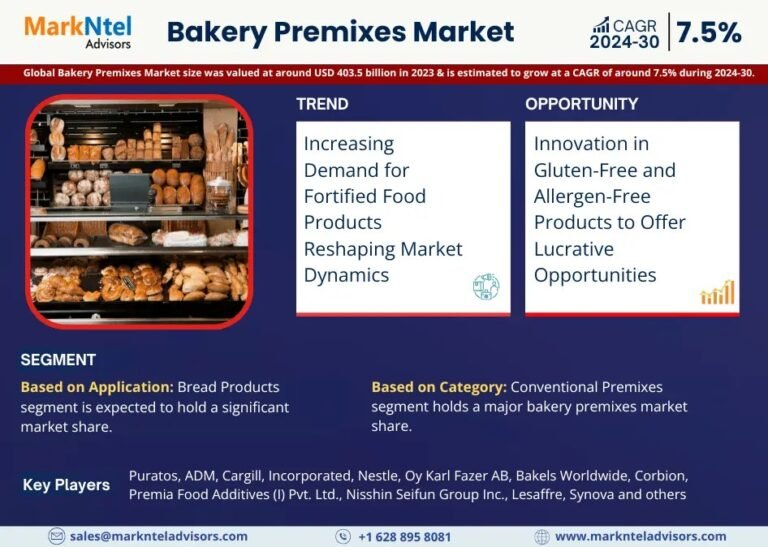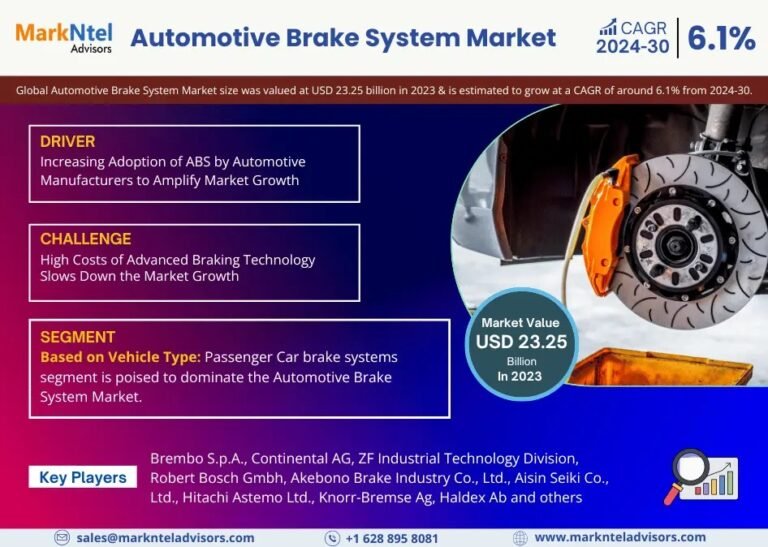Making a decision to buy a fuel tank isn’t just about selecting a storage container—it’s about safeguarding your operations, protecting your people, and ensuring peace of mind. Whether you’re managing a busy construction site, running a fuel station, overseeing a transport fleet, or preparing for power outages, choosing the right fuel tank can directly affect the safety, efficiency, and longevity of your work.
Here’s a detailed yet practical guide to help you make an informed, confident purchase—without the overwhelm.
1. Understand Why You Truly Need a Fuel Tank
Before diving into technical specifications, take a moment to think about why you’re investing in a fuel tank.
-
Are you looking for fuel security during power failures?
-
Do you want to reduce downtime by fueling equipment on-site?
-
Are you expanding your operations and need long-term storage?
Understanding your deeper needs helps you focus on what matters—reliability, safety, and convenience. For many business owners and site managers, having their fuel supply is more than a luxury; it’s a necessity for survival in fast-paced or unpredictable environments
2. Choose the Right Tank Type: It’s All About Fit
There’s no one-size-fits-all tank. Depending on your location, fuel type, and daily usage, your choice may vary:
✅ Above-Ground Tanks
-
Easy to install, move, and inspect.
-
Ideal for short-term or flexible fuel storage.
-
Cost-effective and perfect for sites that may change over time.
✅ Underground Tanks
-
Saves space and keeps your site clutter-free.
-
Better protected from weather conditions.
-
Often used for high-capacity or long-term storage (e.g., fuel stations).
But remember: underground tanks require proper installation, maintenance, and regulatory approvals. Choose only if you’re ready for the responsibility that comes with them.
3. Consider the Tank Material: Durability Matters
You need something that stands the test of time, and that means choosing the right material:
Steel Fuel Tanks: Heavy-duty and reliable. Suitable for rugged environments but need anti-corrosion coatings, especially in coastal regions like the UAE.
Plastic (Polyethylene) Tanks: Lightweight and rust-proof. Perfect for mobile or short-term use, but avoid poor-quality plastic that can warp in heat.
In high-temperature regions like Abu Dhabi, Sharjah, or Ajman, UV protection is a must. A heat-warped or cracked tank can lead to dangerous leaks or fuel loss.
4. Think Safety First: Protect Your People and Business
Fuel is highly flammable. That means your tank must go beyond just storing—it must protect.
Look for:
-
Double-walled (bunded) tanks to prevent spills
-
Automatic shut-off valves and overfill protection
-
Vents for pressure release
-
Lockable caps for theft prevention
If you care about your team, your property, and the environment, these safety features are non-negotiable.
5. Don’t Forget the Accessories
It’s not just the tank—it’s the whole system.
-
Fuel pumps (manual or electric)
-
Dispensers, meters, and hoses
-
Fuel filters to remove contaminants
-
Monitoring systems for level tracking
Getting everything in one go saves you from future regrets or sudden repair costs.
6. Budget Wisely, But Don’t Cut Corners
Everyone wants to save money, but with fuel storage, cheap mistakes are costly. A low-cost, low-quality tank may result in leaks, fines, downtime, or worse—accidents.
Instead, think long-term. A well-made, certified tank may cost more upfront, but it offers peace of mind, longer service life, and fewer repairs.
7. Partner with a Trusted Supplier
Beyond the tank itself, choose a vendor who cares. A good supplier will:
-
Help you understand local regulations
-
Offer installation guidance
-
Provide after-sales support
-
Stand by their warranty
This isn’t just a transaction—it’s a relationship. And when your operations depend on that tank, having someone reliable on your side makes all the difference.
Final Words: Make a Confident, Informed Investment
Buying a fuel tank is more than a technical choice—it’s a commitment to safety, efficiency, and continuity. When chosen carefully, a fuel tank becomes your silent partner, keeping your machines running, your business moving, and your people safe.
So before you invest, ask the right questions, prioritize safety, and think long-term. A good fuel tank doesn’t just store fuel—it stores trust, performance, and peace of mind.





